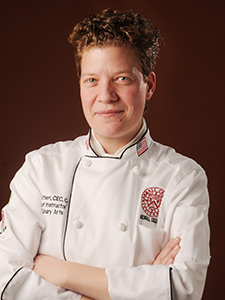 Kendall College is pleased to announce the recent promotion of Dina Altieri, CHE, CEC, CCE, to dean of the School of Culinary Arts. Previously, she was a chef-instructor and associate professor at the college for seven years.
Kendall College is pleased to announce the recent promotion of Dina Altieri, CHE, CEC, CCE, to dean of the School of Culinary Arts. Previously, she was a chef-instructor and associate professor at the college for seven years.
“Chef Altieri is not only the consummate educator, but renowned nationally for her culinary and management skills in a wide range of foodservice operations,” says Emily Williams Knight, president of Kendall College. “Adored and looked up to by students and admired and respected by our faculty and administration, she is the ideal dean for the School of Culinary Arts as we celebrate our 30th anniversary this year and embark on the next 30. Given her vision, passion, expertise and drive, Chicago’s—and the nation’s and world’s—culinary community looks forward to the positive impacts her leadership of our esteemed program will make on the domestic and global foodservice industry of tomorrow.”
Altieri was born in New York City and has worked in the foodservice industry for nearly a quarter century. She graduated as salutatorian from The Culinary Institute of America in Hyde Park, N.Y., in 1991, with an associate degree in occupational studies.
Building her career following graduation, Altieri cooked from coast to coast for multiple restaurants, catering operations and special events, including those of the famed James Beard House in New York and the Academy of Motion Picture Arts and Sciences in Hollywood. She worked as sous chef at Fino in Torrance, Calif., and as executive sous chef at Descanso in Hermosa Beach, Calif., before becoming executive chef at More Than A Mouthful, Inc., in Los Angeles.
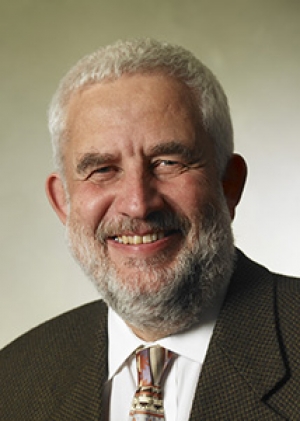

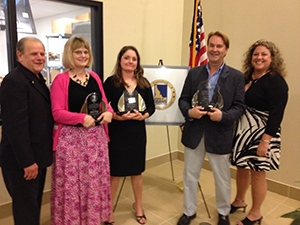
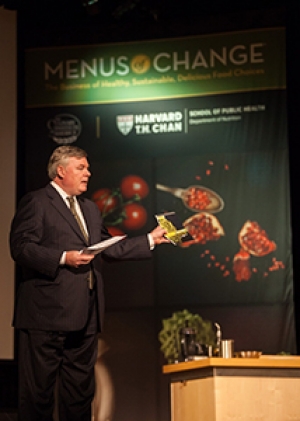

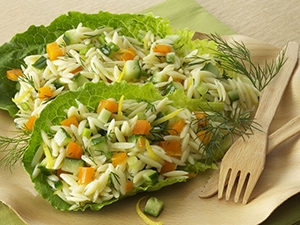
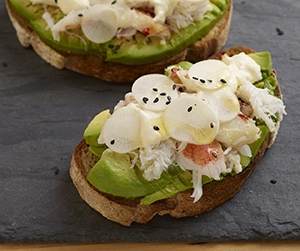

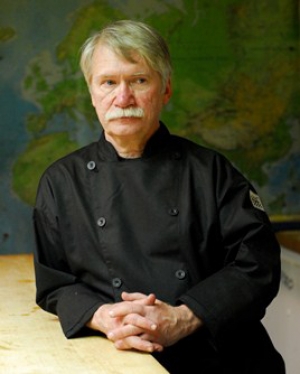
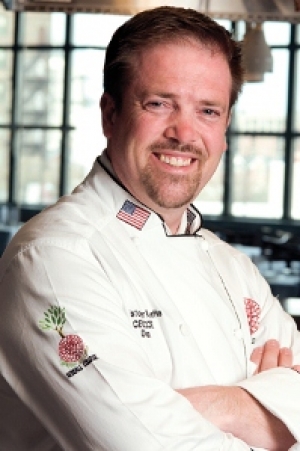
 Kendall College is pleased to announce the recent promotion of Dina Altieri, CHE, CEC, CCE, to dean of the School of Culinary Arts. Previously, she was a chef-instructor and associate professor at the college for seven years.
Kendall College is pleased to announce the recent promotion of Dina Altieri, CHE, CEC, CCE, to dean of the School of Culinary Arts. Previously, she was a chef-instructor and associate professor at the college for seven years.